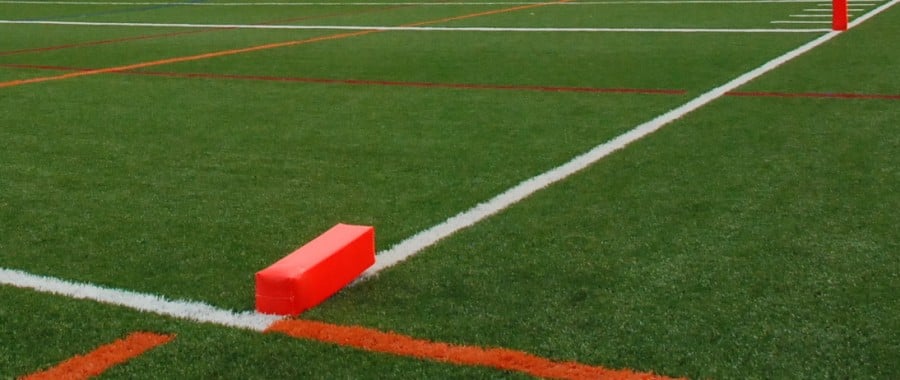Figuring out how to live on your own in college is hard enough. Add to that transition from high school to college playing a sport on the varsity level.
Deciding whether to play sports on the collegiate level is a no-brainer for some college first-years, while others must consider whether or not pursuing their high school athletic glory is a realistic option.
“I’m planning on running all four years,” said first-year cross-country runner Joseph Rangel. For Rangel, running was always his intention. “With Guilford being a Division III school, I can be on the team and practice and run.”
For athletes playing college level sports, Division I schools require even more time from students, and coaches are more likely to play fewer athletes than a Division III school like Guilford would.
Some athletes know that pursuing their sport is not always the easiest option, especially when the competition amongst players is heightened at the college level.
According to senior Sarah Stangl, who played soccer at Guilford during her first year, the commitment to playing soccer did not hold as much importance for her as pursuing other opportunities on campus.
“There were too many people on the team, and there wasn’t very equal playing time,” she said. “The coach preferred to play the starters despite other people’s efforts in practice,” said Stangl.
As a result, Sarah joined the ultimate Frisbee team.
“I decided I wanted to play a sport that was more egalitarian. People are really invested in not only their own improvement, but also others’ improvement.”
Once students decide to commit themselves to a particular sport, the obvious roadblock of being part of a new team as well as living independently from family makes itself known.
“I’ve never had this type of responsibility,” said first-year baseball player Dexter Allen when considering the difficulties of time management in a new environment that is both more academically demanding as well as athletically challenging. “It’s a totally different type of learning and responsibility. I’m actually really proud of myself for staying on top of stuff.”
Varsity sports do not appeal to everyone, but for those who do wish to commit a large part of their college experience to sports, the coaching staff are there to support them.
“The first day, the first meeting, is all about time management,” said Cross Country Head Coach Bill Cason. “When they have grades, we ask for them, there’s not much they can hide.”
Coaches not only check on grades, but also schedule open office hours and study halls for the students to attend.
Demanding conditioning and practice schedules quickly drain time from students’ already busy days. Fortunately, the coaching staff and upperclassmen on the teams help the first-years grapple with their transition.
“All of the upperclassmen are really welcoming,” said Allen. “They’re eager to coach and learn.”
For those students who intend to stick with the sport they love, coaches and teammates can help ease the stress that first-years may be experiencing now that schoolwork and practice schedules have begun to merge as we hit the fourth week of school.

